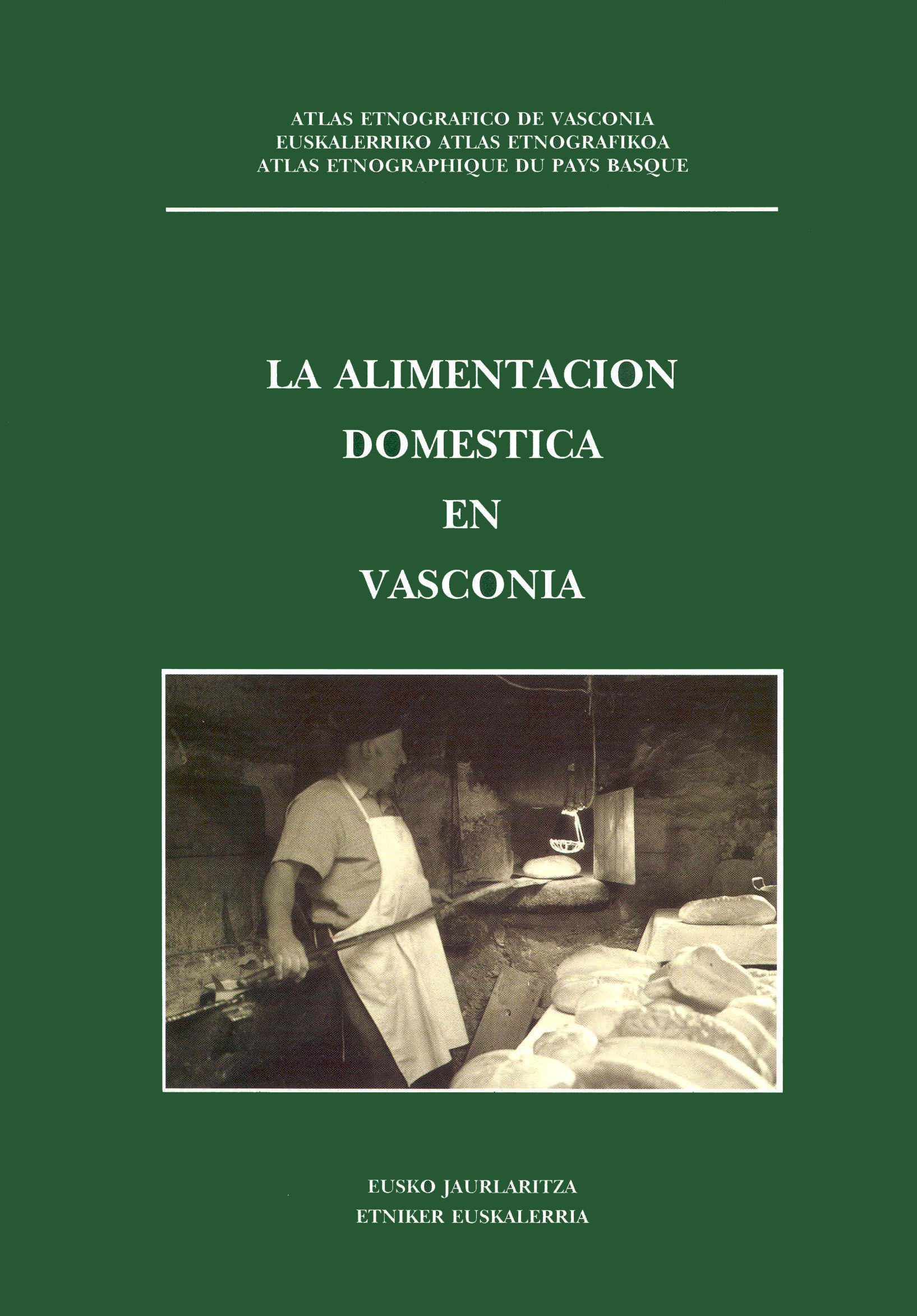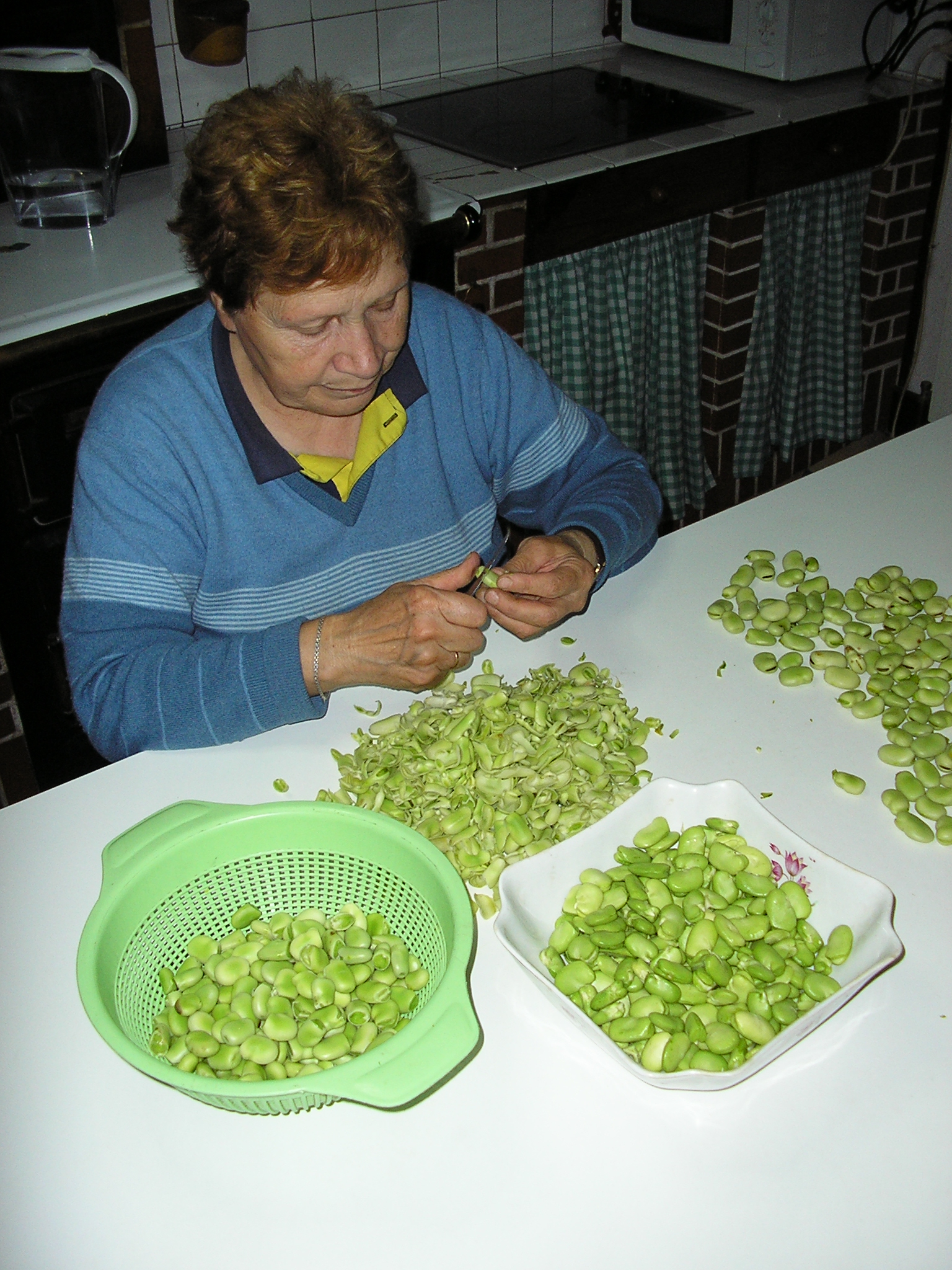Basque ethnography at a glance

First volume of the Ethnographic Atlas of the Basque Country.
In the realm of knowledge ethnography (with a small e) is a minor field of study compared to Anthropology, for instance, which, shall we say, does not carry much weight in the arena of social sciences either, nor science in general for that matter.
We are very few to devote our efforts to ethnographic undertakings, often during the spare time left over from other occupational activities. And on the whole, we do it with full conviction and even passion.
History is a well-established discipline that studies the evolution of nations and civilisations, usually from the standpoint of the writers of history, that is, the ruling elites, the holders of political and economical power. Quite to the contrary, the work of ethnographers concerns the history of ordinary people, sufferers rather than leading stars of a major History (with a capital H).

Broad beans: a taste from the past. Luis Manuel Peña. Labayru Fundazioa Photographic Archive.
One of the greatest merits of ethnographers is, in my view, the satisfaction of humbly listening to plain folks, our informants, whose voices are otherwise not heard. They are largely divalued for being too old, their stories might sound outdated, and in this age of information-based thinking, the average cultural level is low among them. However, it is their true Culture that interests us.
It will soon be three decades since we started work on the first volume of the Ethnographic Atlas of the Basque Country, dedicated to Family Diet. Our eating habits have undergone remarkable change in recent years, but we did the best we could to provide written record of a period of our lesser history. We know all too well the History of the 15th and later centuries, the political and economic transformations that took place, the succession of rulers and their conquests, yet hardly imagine what it would be like to have in hand an equivalent Atlas of the time to tell us about dietary patterns before the arrival of American products, which would subsequently dominate the flavour of local culinary tradition. Potatoes, maize, common beans, peppers, tomatoes, pumpkin, chocolate, vanilla, peanuts or tobacco were unknown crops to the old world. Would not such a piece of work be interesting?
Luis Manuel Peña – Ethnography Department – Labayru Fundazioa
Translated by Jaione Bilbao – Language Department – Labayru Fundazioa
Reference for further information: Family Diet, part of the Ethnographic Atlas of the Basque Country collection.

